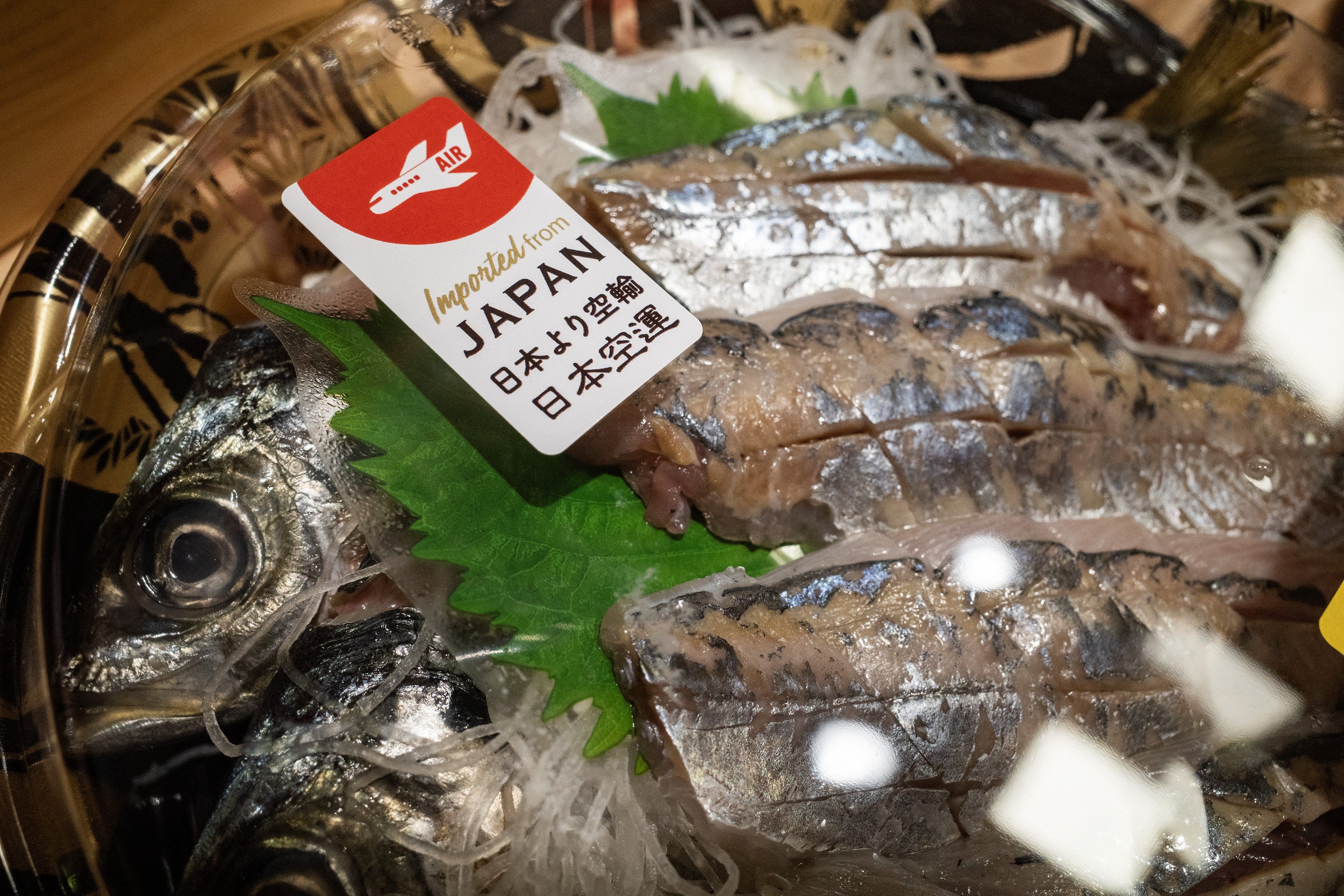Japan, along with many independent scientists and the International Atomic Energy Agency, have said the water is safe. Japan’s Prime Minister Kishida even publicly ate fish from the affected area. But China isn’t buying it. Beijing sharply protested the release, banned imports of Japanese fish, and urged others to follow its lead.
This conflict appears to go well beyond safety concerns. In fact, China has been accused of deliberately spreading misinformation about the health risks from this event, prompting vandalism and threats against Japanese people and companies in China.
But so far, China has been unable to persuade more of Japan’s neighbors to join in the outrage. At a meeting of the Association of Southeast Asian Nations (ASEAN) in July, China called on member states to denounce Japan’s water discharge plan, but the joint communique that followed the meeting ignored the issue entirely. At another ASEAN meeting earlier this month, China’s Premier Li Qiang sharply criticized both Japan’s water plan and Kishida, but the issue was then dropped.
It appears that wariness of China’s growing influence has been a more important factor in the Great East Asian Fish Fight than the region’s traditional mistrust of Japan.
